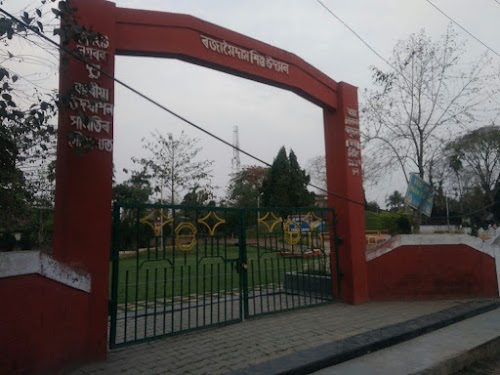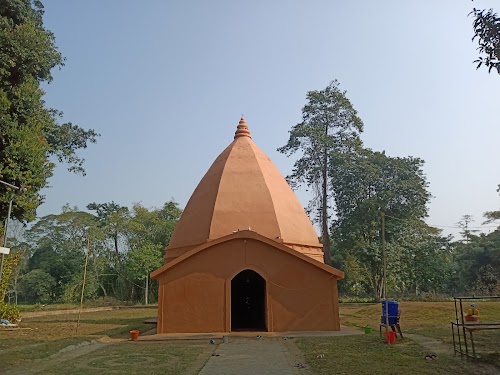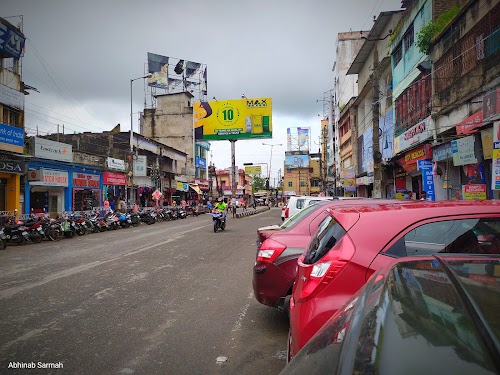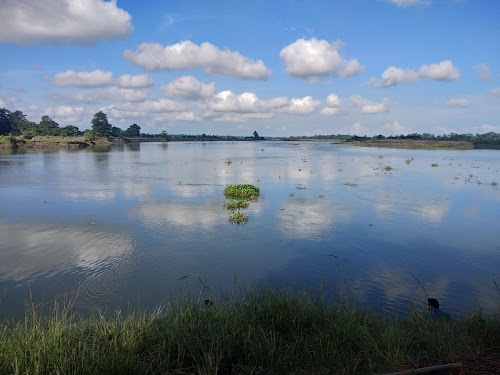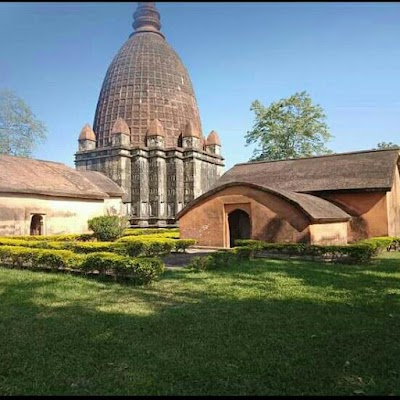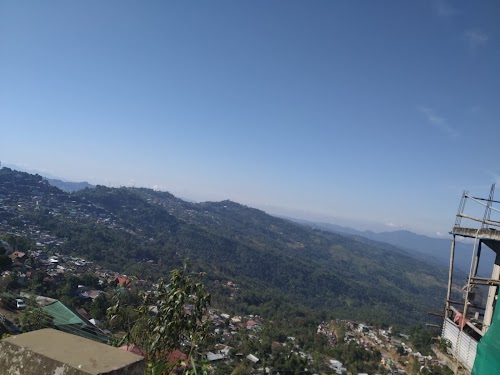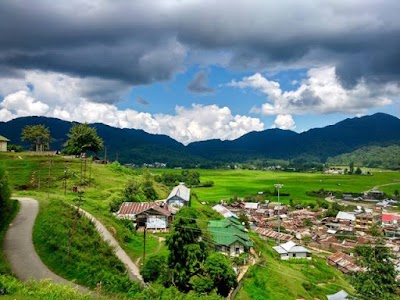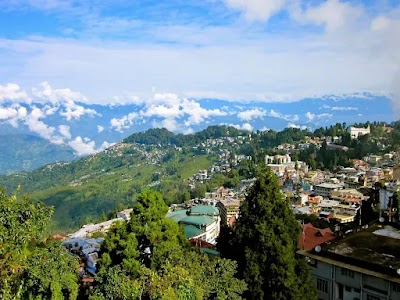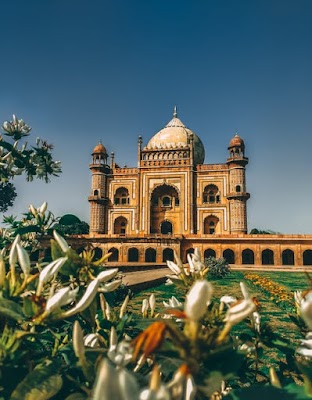
Jorhat, India
Jorhat, often called the 'Tea Capital of Assam,' is a vibrant city nestled in the heart of the state. It's renowned for its sprawling tea gardens, historical monuments, and rich cultural heritage. The city offers a unique blend of natural beauty and historical significance, making it an appealing destination for tourists seeking a tranquil getaway. Visitors can explore lush tea estates, witness the tea-making process, and delve into the region's history through its ancient ruins and colonial-era structures. Jorhat is a gateway to the Majuli Island, the world's largest river island, further enhancing its appeal as a tourist hub.
Known for:
History:
Jorhat's history is deeply rooted in the Ahom kingdom, which ruled Assam for nearly 600 years. The city served as the last capital of the Ahom kingdom before it fell to British rule. Historical sites like the Raja Maidam (Ahom Royal Burial Ground) and the Gibbon Wildlife Sanctuary stand as testaments to its rich past. The British established tea plantations in the region during the colonial era, which significantly shaped Jorhat's development. The city played a role in India's freedom struggle, with several nationalist leaders emerging from the area. Jorhat's history is a blend of royal legacy and colonial influences, making it a fascinating destination for history enthusiasts.
How to reach:
Jorhat is well-connected by air, rail, and road. The Jorhat Airport (Rowriah Airport) has regular flights from major Indian cities. The Jorhat Town Railway Station connects the city to other parts of Assam and India. National Highway 37 passes through Jorhat, providing good road connectivity. Buses and taxis are readily available for travel within the city and to nearby destinations.
Places in Jorhat, India
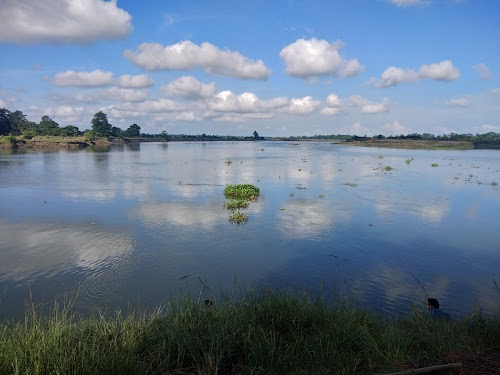
Majuli Island
Jorhat, India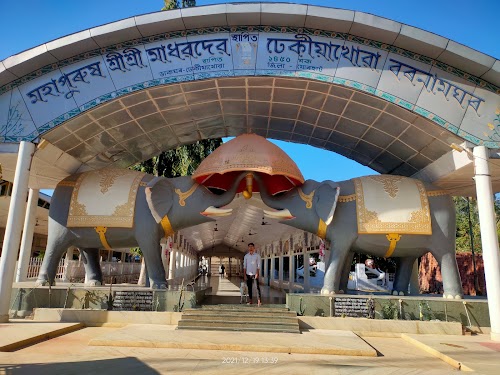
Dhekiakhowa Bornaamghar
Jorhat, India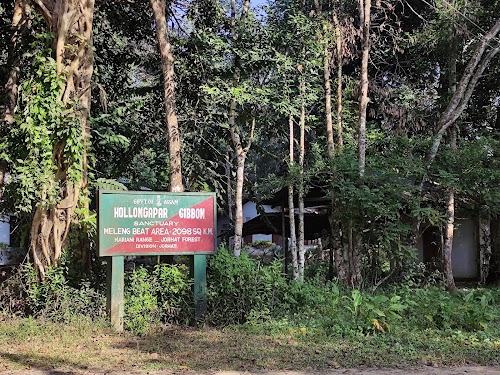
Gibbon Wildlife Sanctuary
Jorhat, India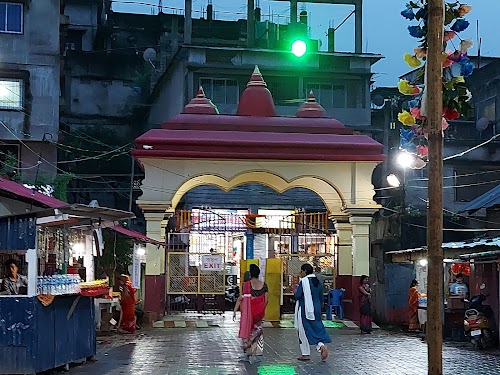
Burigosain Devalaya
Jorhat, India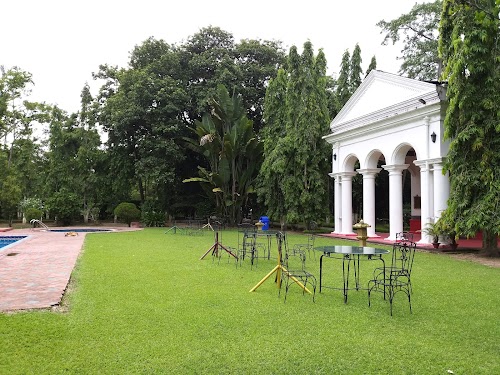
Thengal Manor
Jorhat, India
Cinnamora Tea Estate
Jorhat, India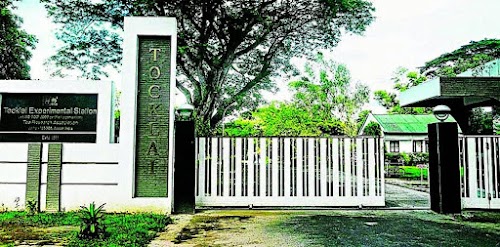
Tocklai Tea Research Institute
Jorhat, India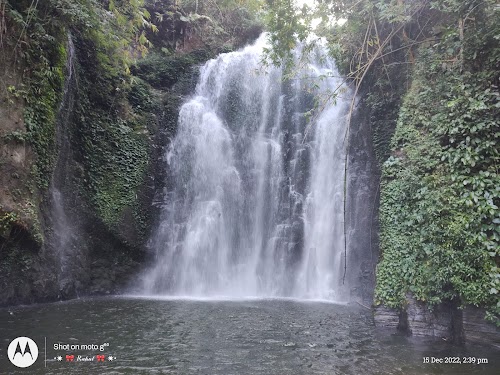
Kakochang Waterfall
Jorhat, India